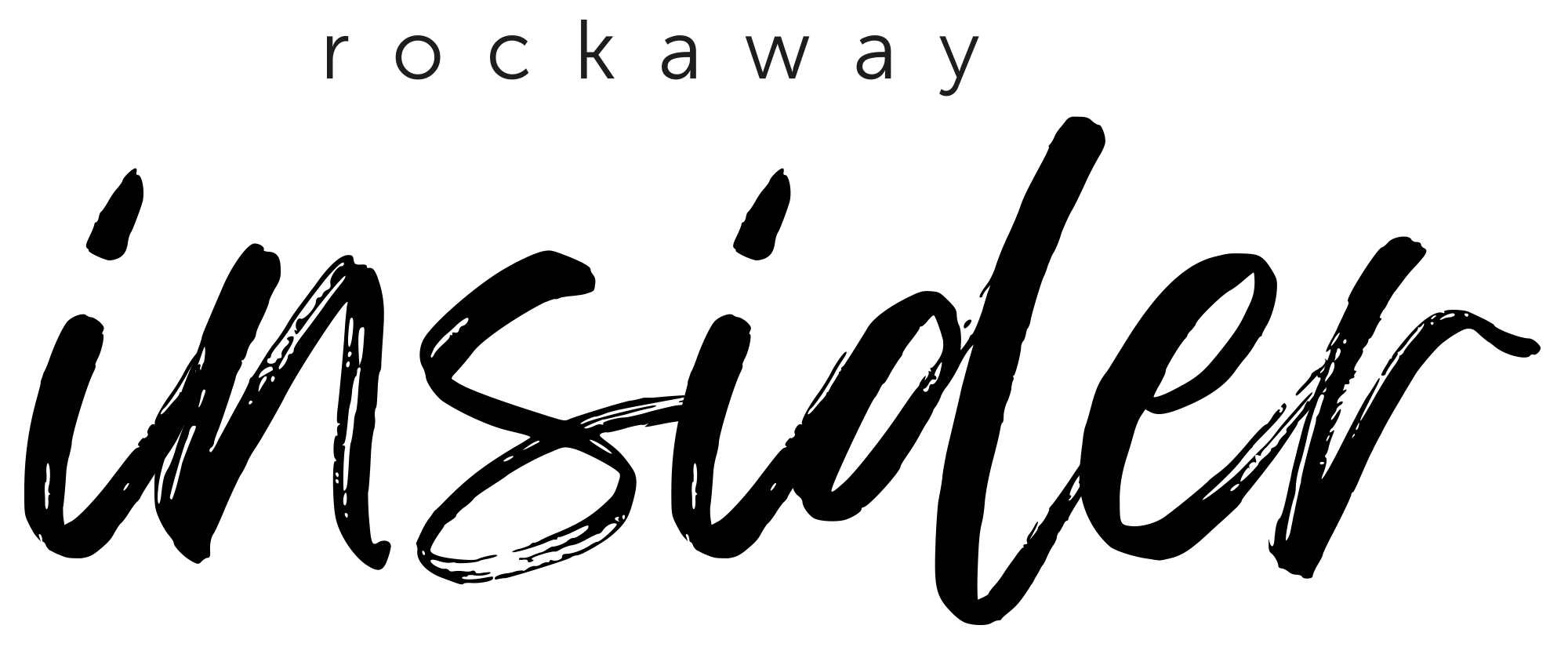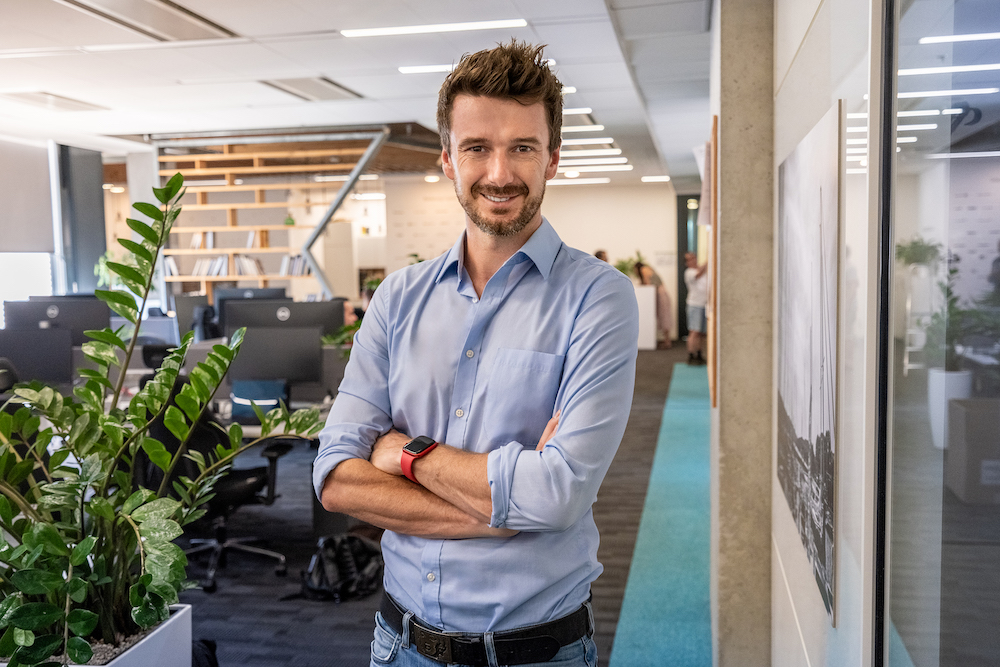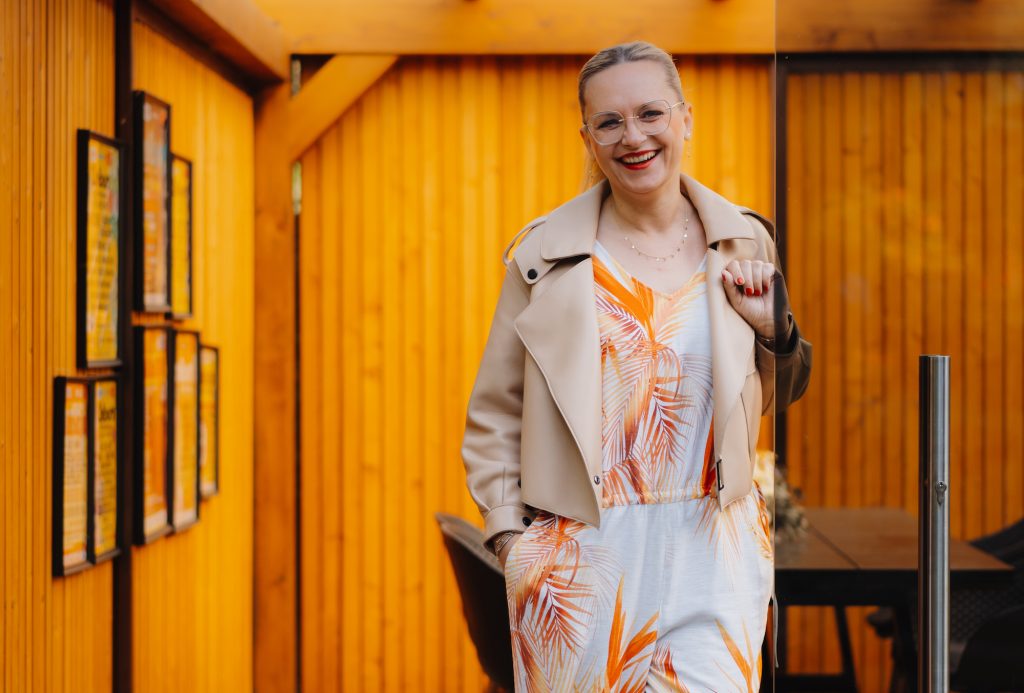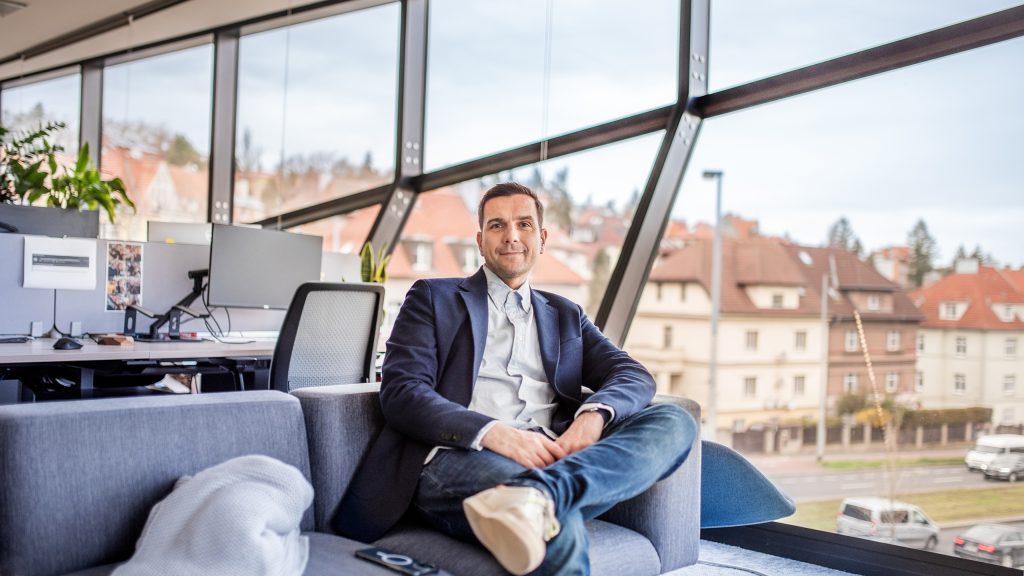All newsRockaway Insider with Daniel Hejl, co-founder of Productboard: When a company stops doing what it doesn’t need to do, it makes a huge difference
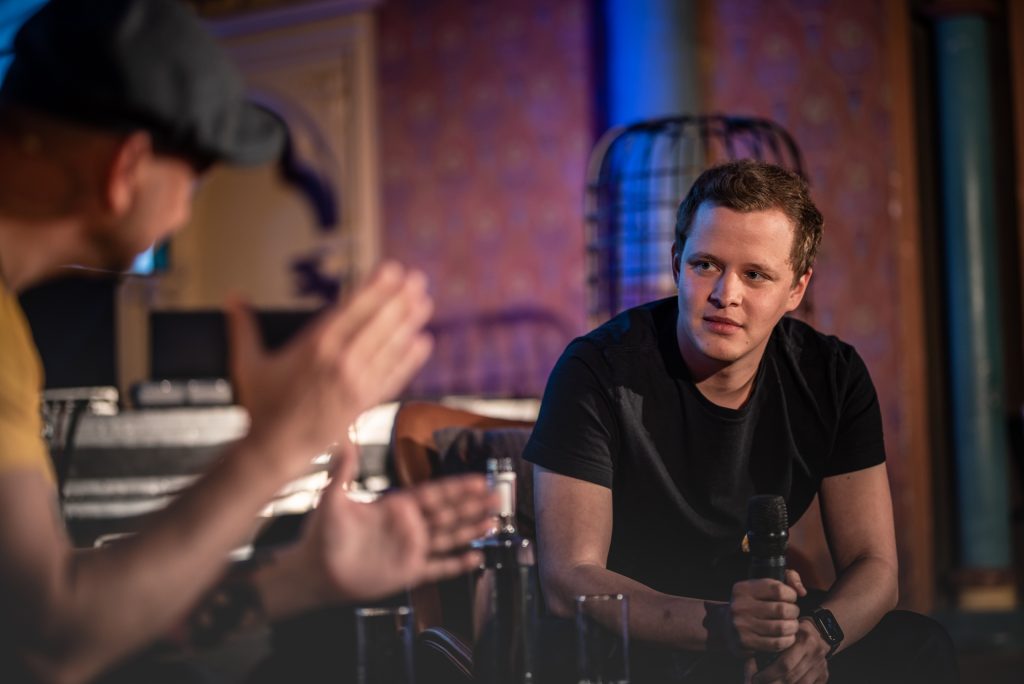
Daniel Hejl is the co-founder and CTO of the Productboard startup, which is building a tool to manage product development and is considered to be the hottest candidate for the first Czech unicorn startup. While its other founder, Hubert Palán, runs the business from San Francisco, Daniel manages the Prague branch of Productboard and likes to call himself the “man in the shadows”, who watches, optimizes, and measures things so the company can operate better and more efficiently.
What key thing has 2020 taught you?
We found that the most important thing is to identify permanent changes correctly and as soon as possible. Because it’s naive to hope that everything will return to the way it was. For example, work from home will probably remain even after we overcome the pandemic. And there will be more things like that – I, for one, have completely stopped going to brick-and-mortar shops to shop for groceries, and I don’t think I’ll be going back. This is also a key finding for any business, because last year showed us that the world can change from day to day, and if you survive these changes depends on how quickly you admit they exist and adapt.
What is the number-one rule that you follow at all costs in your business?
I try to avoid doing things that have no value. It sounds mundane, but when a company stops doing what it doesn’t need to do, it makes a huge difference. That’s also the essence of what we do – we help companies realize that they are building functions their customers don’t need. That’s why I look at my calendar a lot, and if I see a meeting every day, I ask myself what’s wrong. That’s because a company can’t be more productive by increasing internal pressure on its people. A lot of companies are already redlining, often it’s impossible to work more. A company can become more efficient only if it realizes that it must be able to say no. So when we’re working on some new strategy, the thing I’m always most interested in is what that strategy says to me and what it means we won’t have to do.
One learns from one’s mistakes. What mistake taught you the most, and what, specifically?
In a startup you make lots of mistakes from which you gradually learn, but if I had to pick one, it would again be related to Covid. From the beginning we were a company that supported remote work, and at the same time we knew that due to Covid we’d have to change the way we worked even more and adapt. But despite these efforts, it turned out to not be enough and that we had a communication deficit within the company. A feeling that we’re in it together is highly important for every company, so now, when I can’t take a walk through the office to find out how people are doing, I try to make sure that we get together at least virtually at lunch, or have a coffee and just chat via Zoom. I’ve now stared doing this a lot more.
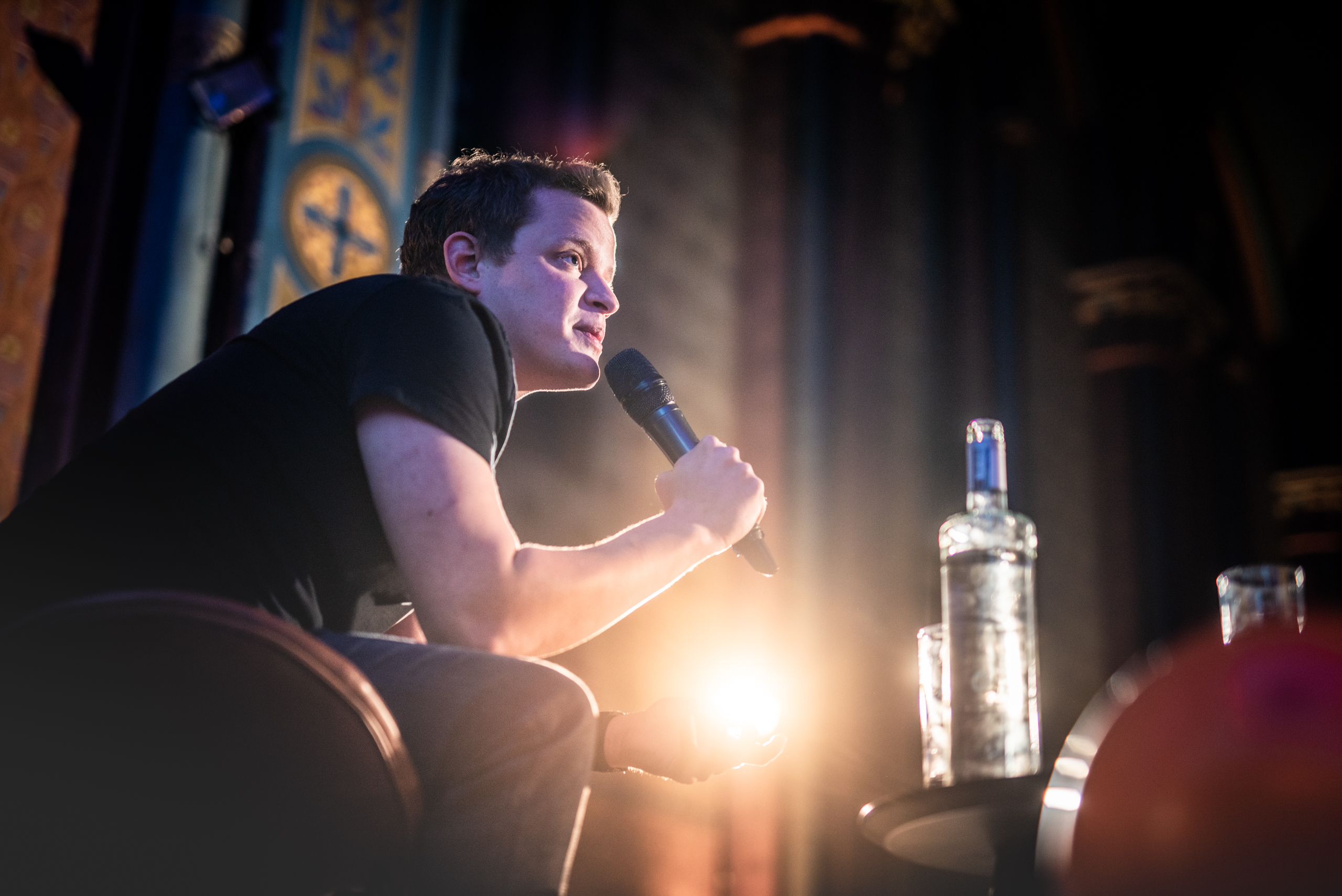
What is your most important piece of advice for new entrepreneurs and start-uppers?
Go into business only if you’re head over heels in love with the problem you want to solve. You’ll succeed only if you become the best in that, or the biggest expert. When I see young and enthusiastic developers who are excited about some idea they have, I always ask them if they’ll still want to be doing it 15 years down the road. Because their solution can change so many times along the way that they won’t be able to last without the right sort of passion.
What do you consider the greatest benefit of your business for society?
This has two levels. The first is that we help companies build better products that are pared down and react better to their clients’ problems. That makes me happy. The second level is that thanks to this, people who work in these companies then work on something that makes sense. I’d like for Productboard to sort of be a company’s central brain. Our customers are now primarily in the digital area, but it has shown itself to be transferable outside of digital too. For example, we’ve got a customer who manufactures RVs, and Productboard is helping him to make sure that his cars truly have everything clients want.
What question are you asked most often, and how do you answer?
Probably the thing people ask me most often is about the investments I’ve raised. And what they should do to also receive an investment from the famous Sequoia Capital (in January of last year, Productboard raised $45 million in an investment round led by the Sequoia Capital fund – author’s note). A number of things helped us. Big investors like this are looking for something exceptional, they want to be there when someone is the first in some area, and they aren’t interested in those that come after. And that’s our case, because we’re building a completely new category of business. Personal relationships are important too, because it’s not easy to gain new investors from Europe, it takes several years. And last but not least, you need to have shown a lot of growth and prove that the company’s got the potential to win.
What life hack helps you most in your work?
Exercise. I need to do at least a little bit of sport every day. Thanks to sport I feel that I for one sleep much better, I’m tired in the evening so my sleep is deeper and can think better the next day. Sport also reduces my stress level and floods my bloodstream with endorphins. For this reason I’ve also built a little gym at home, because exercising is more complicated now due to Covid.
___
![]()
Did you like this interview?
The Rockaway Insider Newsletter is published every second Wednesday morning – subscribe now.
By clicking on “Subscribe” you agree to subscribe to the Rockaway Insider newsletter using the specified e-mail address. You can cancel your subscription at any time directly in the newsletter.
___


